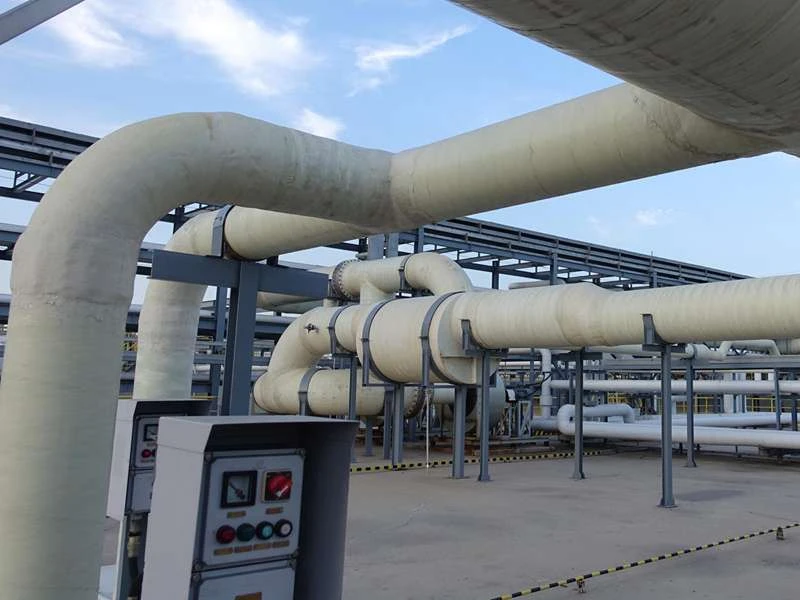
-
 Afrikaans
Afrikaans -
 Albanian
Albanian -
 Amharic
Amharic -
 Arabic
Arabic -
 Armenian
Armenian -
 Azerbaijani
Azerbaijani -
 Basque
Basque -
 Belarusian
Belarusian -
 Bengali
Bengali -
 Bosnian
Bosnian -
 Bulgarian
Bulgarian -
 Catalan
Catalan -
 Cebuano
Cebuano -
 China
China -
 China (Taiwan)
China (Taiwan) -
 Corsican
Corsican -
 Croatian
Croatian -
 Czech
Czech -
 Danish
Danish -
 Dutch
Dutch -
 English
English -
 Esperanto
Esperanto -
 Estonian
Estonian -
 Finnish
Finnish -
 French
French -
 Frisian
Frisian -
 Galician
Galician -
 Georgian
Georgian -
 German
German -
 Greek
Greek -
 Gujarati
Gujarati -
 Haitian Creole
Haitian Creole -
 hausa
hausa -
 hawaiian
hawaiian -
 Hebrew
Hebrew -
 Hindi
Hindi -
 Miao
Miao -
 Hungarian
Hungarian -
 Icelandic
Icelandic -
 igbo
igbo -
 Indonesian
Indonesian -
 irish
irish -
 Italian
Italian -
 Japanese
Japanese -
 Javanese
Javanese -
 Kannada
Kannada -
 kazakh
kazakh -
 Khmer
Khmer -
 Rwandese
Rwandese -
 Korean
Korean -
 Kurdish
Kurdish -
 Kyrgyz
Kyrgyz -
 Lao
Lao -
 Latin
Latin -
 Latvian
Latvian -
 Lithuanian
Lithuanian -
 Luxembourgish
Luxembourgish -
 Macedonian
Macedonian -
 Malgashi
Malgashi -
 Malay
Malay -
 Malayalam
Malayalam -
 Maltese
Maltese -
 Maori
Maori -
 Marathi
Marathi -
 Mongolian
Mongolian -
 Myanmar
Myanmar -
 Nepali
Nepali -
 Norwegian
Norwegian -
 Norwegian
Norwegian -
 Occitan
Occitan -
 Pashto
Pashto -
 Persian
Persian -
 Polish
Polish -
 Portuguese
Portuguese -
 Punjabi
Punjabi -
 Romanian
Romanian -
 Russian
Russian -
 Samoan
Samoan -
 Scottish Gaelic
Scottish Gaelic -
 Serbian
Serbian -
 Sesotho
Sesotho -
 Shona
Shona -
 Sindhi
Sindhi -
 Sinhala
Sinhala -
 Slovak
Slovak -
 Slovenian
Slovenian -
 Somali
Somali -
 Spanish
Spanish -
 Sundanese
Sundanese -
 Swahili
Swahili -
 Swedish
Swedish -
 Tagalog
Tagalog -
 Tajik
Tajik -
 Tamil
Tamil -
 Tatar
Tatar -
 Telugu
Telugu -
 Thai
Thai -
 Turkish
Turkish -
 Turkmen
Turkmen -
 Ukrainian
Ukrainian -
 Urdu
Urdu -
 Uighur
Uighur -
 Uzbek
Uzbek -
 Vietnamese
Vietnamese -
 Welsh
Welsh -
 Bantu
Bantu -
 Yiddish
Yiddish -
 Yoruba
Yoruba -
 Zulu
Zulu
Customized Solutions for FRP Products Tailored to Your Needs
Exploring FRP Customized Products Innovations for a Durable Future
Fiber-Reinforced Polymer (FRP) has emerged as a revolutionary material in various industries, thanks to its outstanding strength-to-weight ratio, corrosion resistance, and versatility. As industries continue to evolve, the demand for customized FRP products has surged, enabling businesses to meet their specific needs and challenges. This article delves into the significance and applications of FRP customized products, highlighting their benefits and future potential.
FRP is composed of a polymer matrix reinforced with fibers, typically glass or carbon, which enhances its mechanical properties. The ability to customize FRP products allows for tailored solutions that fit unique specifications in terms of shape, size, load capacity, and environmental resistance. This adaptability makes FRP a preferred choice across a multitude of sectors including construction, aerospace, automotive, marine, and energy.
Exploring FRP Customized Products Innovations for a Durable Future
Corrosion resistance is another vital characteristic of FRP, making it ideal for industries such as marine and chemical processing, where components are often exposed to harsh environments. Customized FRP solutions can be engineered to withstand the specific corrosive elements present in various applications. For instance, FRP tanks, pipes, and fittings can be tailor-made to effectively handle aggressive chemicals, extending their lifespan and reducing maintenance costs.
frp customized product

In construction, FRP customized products play an essential role in enhancing structural integrity. Architects and engineers can utilize FRP for custom design solutions, including beams, columns, and reinforcement materials that not only meet aesthetic requirements but also ensure safety and durability. The flexibility in design enables the creation of innovative architectural features that traditional materials may struggle to accommodate.
Moreover, FRP’s manufacturing process allows for efficient customization. Advanced techniques such as resin transfer molding (RTM) and vacuum-assisted resin infusion (VARI) enable the production of complex shapes with high precision. This efficiency not only streamlines the production timeline but also reduces waste, contributing to more environmentally friendly practices.
As technology continues to advance, the future for FRP customized products looks promising. Innovations such as 3D printing and smart materials technology are set to revolutionize the way FRP components are designed and manufactured. These advancements will allow for even greater levels of customization, potentially leading to the development of self-sensing FRP structures that can monitor their health in real-time, providing invaluable data for maintenance and safety.
In conclusion, FRP customized products represent a significant leap forward in material technology, offering tailored solutions that address the specific needs of diverse industries. With their lightweight, corrosion-resistant properties and the potential for innovative manufacturing techniques, FRP products are undoubtedly paving the way for a more durable and efficient future. As industries increasingly embrace customization, FRP will continue to play a crucial role in shaping the landscape of advanced materials.









